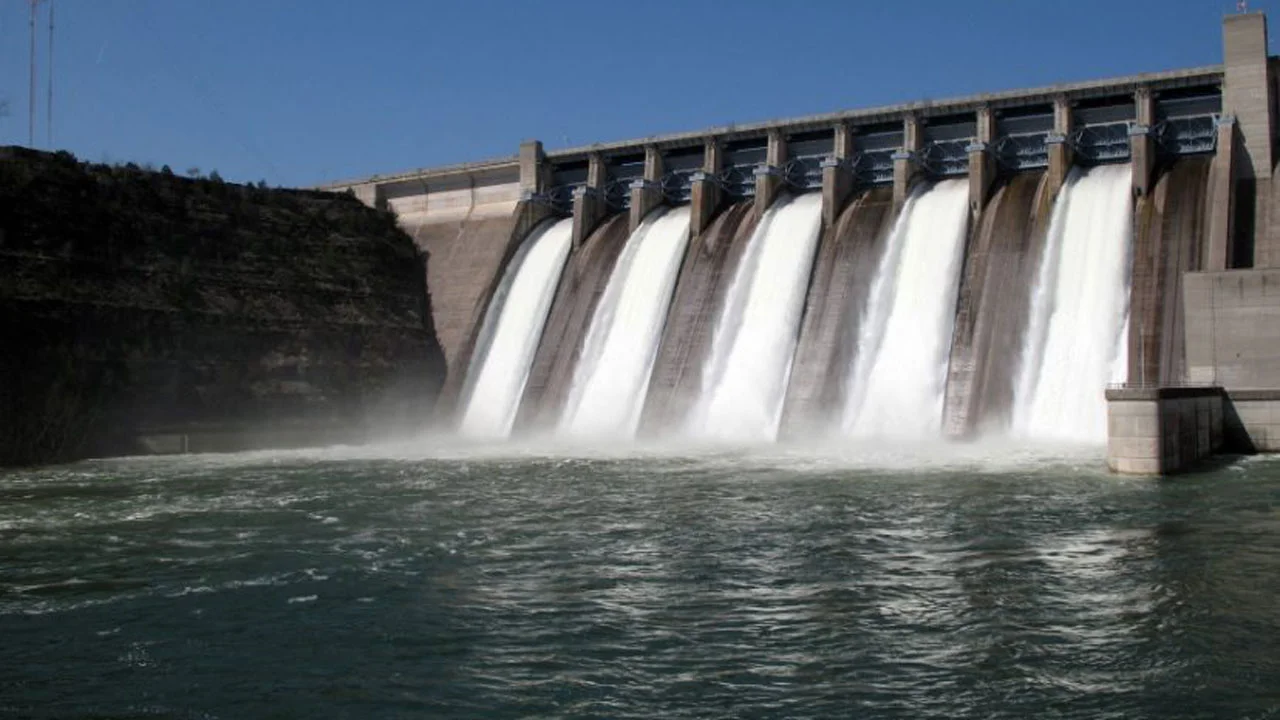By Thuita Gatero, Managing Editor, Africa Digest News. He specializes in conversations around data centers, AI, cloud infrastructure, and energy.
Nigeria has always had an energy problem. Urban centers like Lagos or Abuja get most of the attention, but rural areas where over 50% of the population lives have struggled with unreliable electricity for decades. That is changing quietly, and hydropower projects like the Ikere Gorge Dam in Oyo State and Omi-Kampe Dam in Kogi State are at the center of this shift.
The Ikere Gorge project delivers 6 megawatts, while Omi-Kampe provides 2 megawatts. On paper, those numbers may seem small compared to national grids or thermal plants. But in rural communities, even a few megawatts of stable power can transform businesses, schools, hospitals, and local industries.
The structure of these projects is also significant. Both are built under public-private partnerships (PPPs) with 30-year concession agreements. This means private investors bring capital and efficiency, while the government provides regulatory support and de-risking mechanisms. It’s a model that ensures projects aren’t just announcements but actually deliver electricity reliably over decades.
From a business perspective, these hydropower concessions also create opportunities beyond electricity. Local supply chains develop construction companies, equipment providers, maintenance crews, and even local vendors benefit.
Entrepreneurs in Oyo and Kogi can start businesses they couldn’t previously consider, knowing power is no longer the limiting factor. In effect, hydropower becomes a catalyst for rural economic transformation.
Read Also: Axian Energy’s 100-MW Solar + Storage Project in Chad: What It Really Means
The Infrastructure Concession Regulatory Commission and other institutional partners are ensuring that these projects fit within Nigeria’s national framework for PPPs. Transparent processes reduce risk for investors while safeguarding community interests. This combination of profit incentive and social impact is what makes hydropower a quiet game-changer.
With 30-year concessions, communities are seeing decades of consistent energy access, which allows long-term planning for schools and industry. This is why hydropower is quietly rewriting rural Nigeria’s future.




Really insightful piece on how hydropower could quietly transform rural Nigeria and empower communities. It’s heartening to see sustainable energy framed as real opportunity for everyday lives.